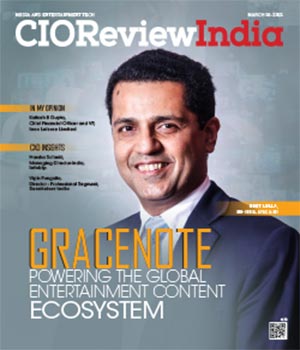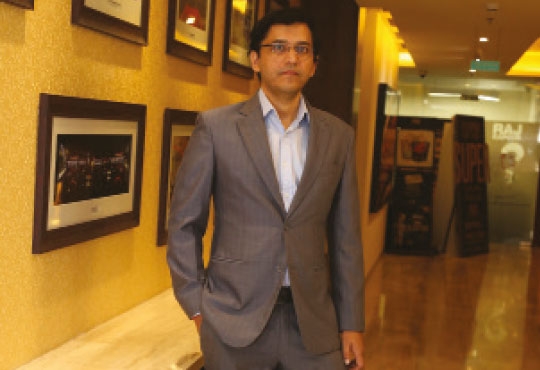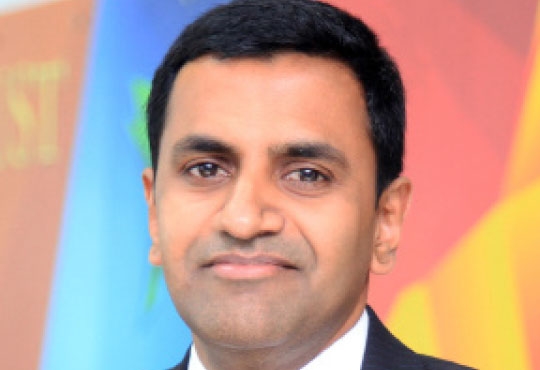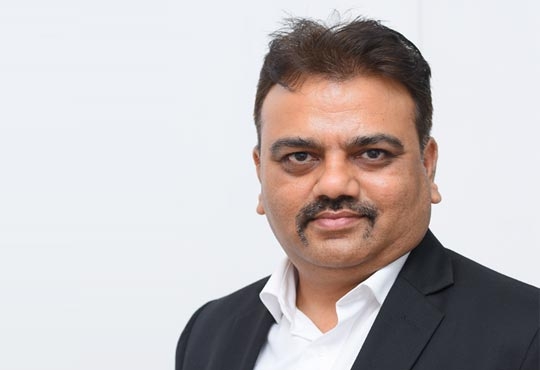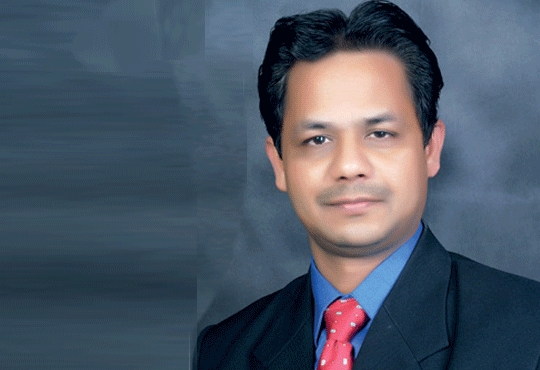
Future Of Smart Applications Driven By Cloud And Digital Transformation
Ramachandran Padmanabhan (Ramu), Global Head, Cloud Applications and Next Gen Platforms, Wipro Ltd. | Wednesday, 24 April 2019, 12:42 IST
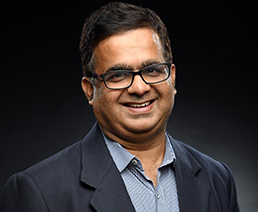 The world is changing and we are in the midst of an epic shift where digital disruption and innovation at speed are transforming the customer and employee experiences. Technology and applications continue to play a pivotal role in creating new benchmarks for how enterprises are building solutions and services. Organizations are transforming dramatically and adapting themselves to this change. They are building applications for the customers and employees which can understand the users, respond to them, and even proactively suggest actions and alternatives. They seek smart and seamless experiences.
The world is changing and we are in the midst of an epic shift where digital disruption and innovation at speed are transforming the customer and employee experiences. Technology and applications continue to play a pivotal role in creating new benchmarks for how enterprises are building solutions and services. Organizations are transforming dramatically and adapting themselves to this change. They are building applications for the customers and employees which can understand the users, respond to them, and even proactively suggest actions and alternatives. They seek smart and seamless experiences.
While ‘as-a-service’, cognitive automation and cloud native development are expected to become main stream as a part of this shift, it will be critical for Organizations to leverage the right platforms and build industry-specific solutions.
Smart applications are inevitable. We as users are already experiencing the power of what smart applications can do in our daily lives. Be it real time traffic congestion alerts, highly personalized news feeds, aptly targeted product recommendations or asking an Alexa or Cortana (or your favourite virtual assistant) to order daily groceries; these experiences are conversational, they feel natural, they are able to figure out intent, they are predictive, and are uncannily prescient. These experiences are raising the bar on what we expect at work or when we interact with a business as customers. We are at the tipping point and will soon see smart applications proliferate into all industries such as banking, retail, utilities, manufacturing, healthcare, telecom, transport, travel and media.
Technologies like machine learning, artificial intelligence, intelligent automation, mixed reality, cloud native computing and internet of things are supercharging applications with intelligence, to become ‘smart’ and exhibit the same attributes as smart humans. Technology and platform providers are innovating and readying their platforms with capabilities that will help build smart applications.
To drive this change and expectations, adaptive enterprises are building smart applications which are:
• Aware- Reimagine how users interact:
Smart applications constantly learn and are fully aware of users, devices and environments. This helps them deliver a natural and humanized experience.
• Intelligent- Redefine how businesses work:
They leverage cognitive and contextual intelligence. This helps create clever business processes, cut down process time and automate manual touch-points. Smart applications know the exact moment when interventions are required, when to take decisions and when to execute interactions/transactions.
• Autonomous- Self-manage problems:
They are autonomous, elastic and resilient. They can self-diagnose snags and glitches and then self-heal.
Smart applications are already firing the imagination of industries with new possibilities like assisted surgery, autonomous cars, and safer mining operations, to name a few. They are speaking to customers and offering advice, answering questions about Products, fixing delivery schedules and making sure our homes are safe and run optimally.
Smart applications cannot be built by simply harnessing technology. They require a more comprehensive view of how users interact with applications, the platforms that bring them to life and how new business processes and workflows impact an organization. This calls for a structured approach to build this new generation of applications.
The smart applications are built on 4 imperatives:
Smart Interactions (Experience) – Humanize user interactions with applications leveraging natural means of interactions such as conversations using artificial or mixed reality
Smart Process (Accelerate) – Enable business agility through hyper automation and adaptive and intelligent business process management
Smart Platforms (Modernize) – Leverage platforms to bring transformational business capabilities into core of the enterprise and build foundation for the digital business
Smart Security (Secure) – for reliability leveraging DevSecOps, UX for security, smart cyber defense assurance and smart cognitive threat hunt
Enterprise or organizations are looking to build engineering transformation to realize the smart applications and hence Wipro has been working with its customers to suggest an application development framework called devNXT which is built on its 4M methodology - model, method, machinery and manpower.
• Model – De-layered organizational structure with cross functional teams and units coming together to work full time as a group, on one task to drive new roles and responsibilities and innovate with as-a-service model with vendors.
• Method – 5 step design methodology focusing on collaborate change lifecycle through “visual by design” behaviours and common metrics. The 5 step design method is highlighted in the image.
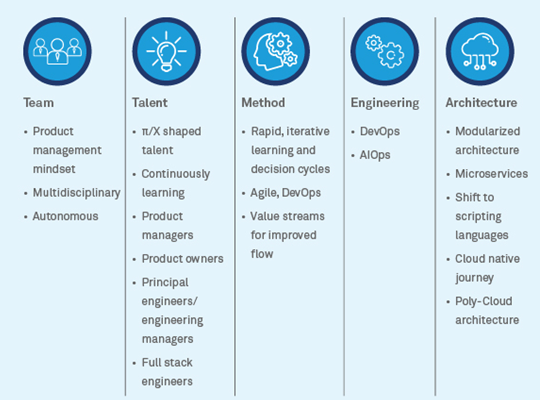
• Machinery – The focus is on building DevOps tooling chain which can automate everything driving continuous delivery across the enterprise, leveraging the next generation cloud based infrastructure.
• Manpower – The focus is on building full stack engineers and empowered and autonomous teams that are trustworthy and to whom decisions are delegated with uniform team KPIs
In short devNXT translates into a model where we consume everything as-a-service, delivered through full-stack talent with methods and machinery that are Agile/DevOps, powered by hybrid cloud with intelligence infused everywhere.
CIO Viewpoint
Technology changing landscape of Media and...
By Kailash B Gupta, Chief Financial Officer and VP, Inox Leisure Limited
How Digital and AI is re-defining customer...
By Rajat Tyagi, CIO & Digital Business Head, PVR
Need of Information Security in Today's World
By Sriram Naganathan, President – IT & Digital Initiatives, Liberty Videocon General Insurance Company
CXO Insights
Post-Pandemic Marketing: Why Omnichannel...
By Harsha Solanki, Managing Director-India, Infobip
The Future Of The Workplace Design And The...
By Vipin Pungalia, Director - Professional Segment, Sennheiser India
Taking Businesses To The Next Level By...


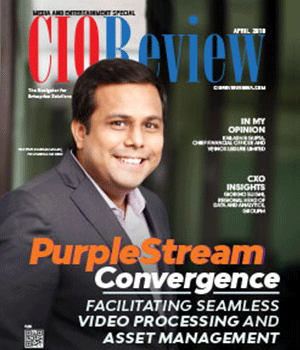
.jpg)
.jpg)
